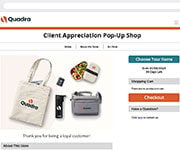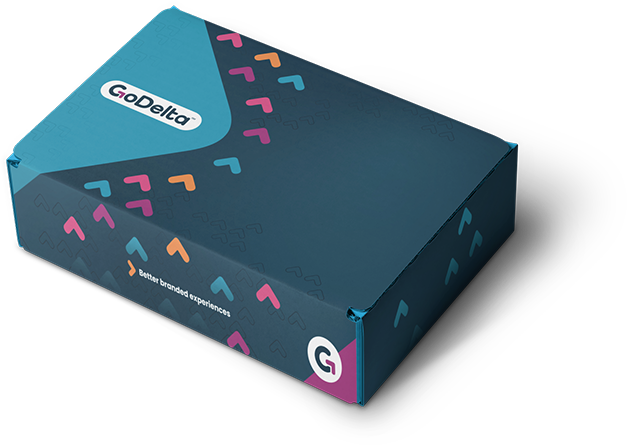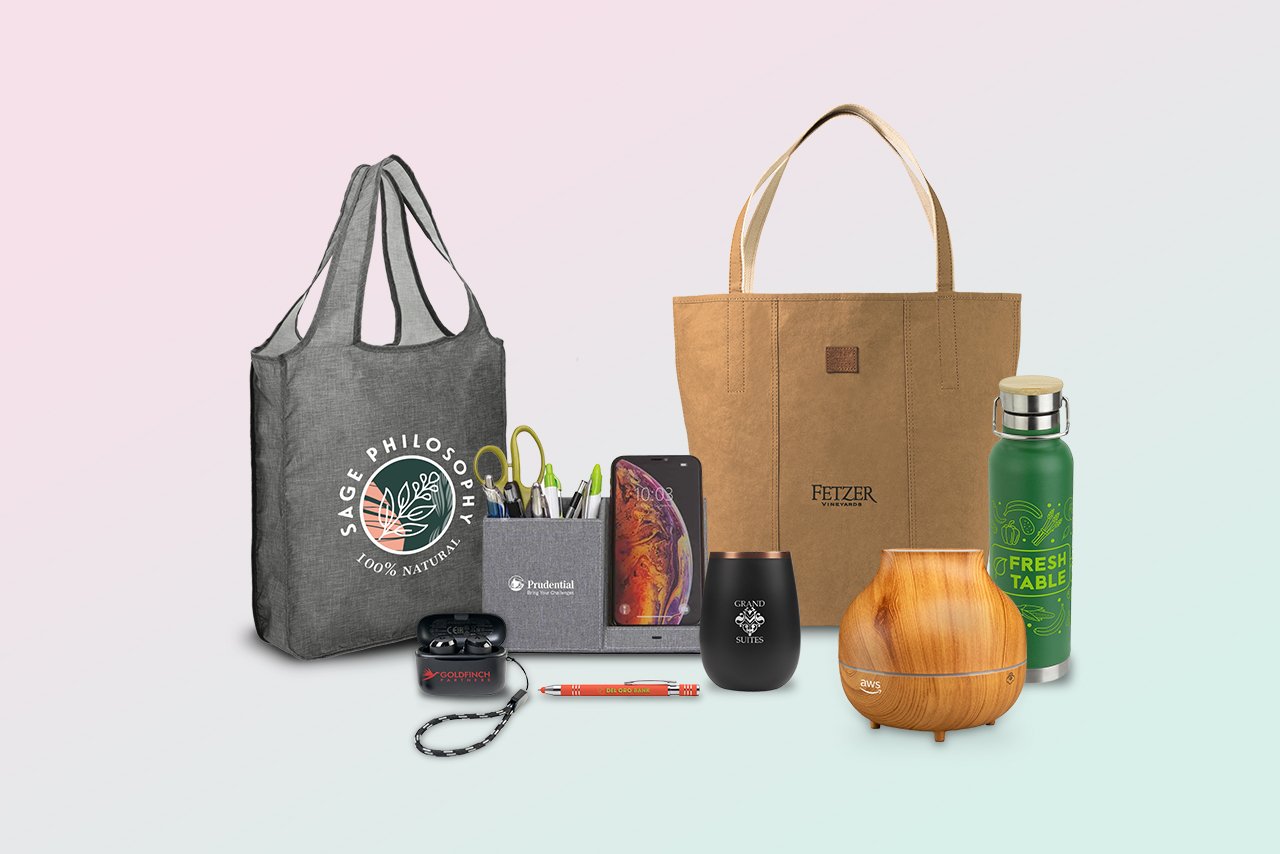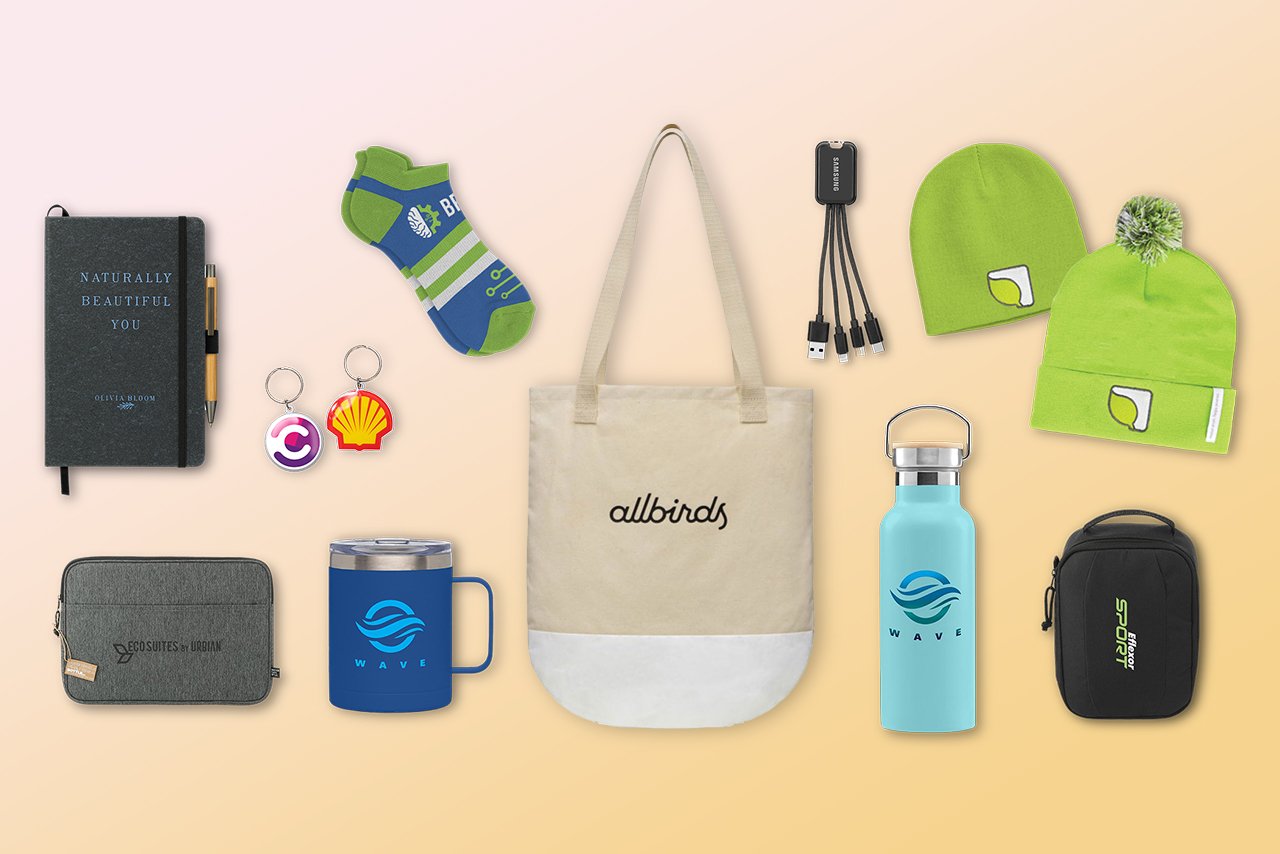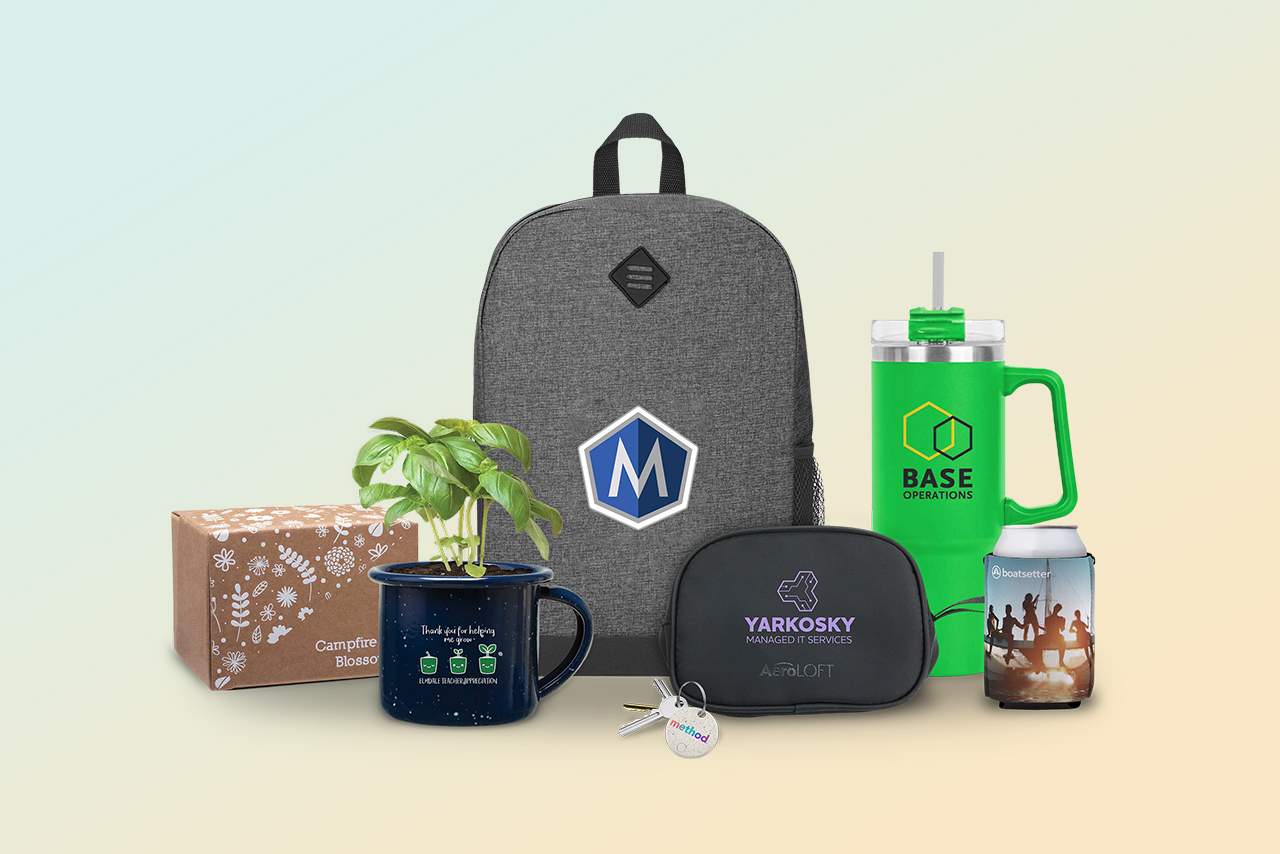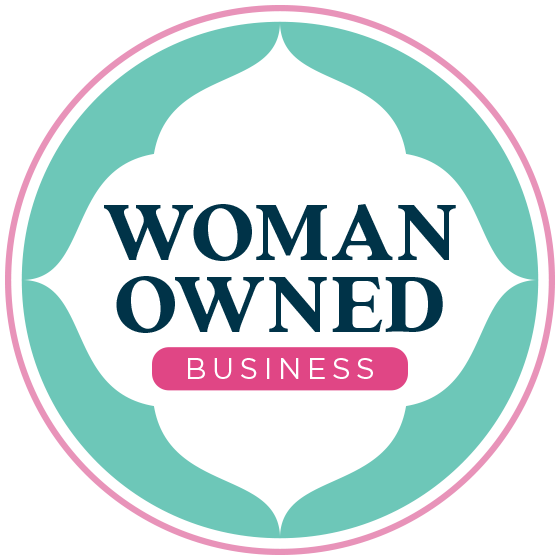What is Event Marketing?
Event marketing has a pretty descriptive name: it refers to the planning and execution of an event intended to promote a business, product, or service. Think back to conferences, trade shows, or webinars you’ve attended in the past – they’re all a form of event marketing.
Businesses can participate in event marketing in a variety of different ways. They might choose to host their events in-person, hybrid, or virtual or opt to attend, sponsor, or present at events run by someone else.
Event marketing aims to put your business right in front of its target customers, allowing your team to build new relationships. Many events also provide an opportunity to activate your brand – whether through a hands-on product demo at a trade show or by giving promotional products at an industry conference.
An Overview of the Different Types of Event Marketing
Event marketing can take many forms, ranging from small, intimate events you host for your VIP clients to huge conferences attended by thousands of people. Today, many events are hybrid events, combining an in-person element with a virtual component that allows attendees to tune into your event remotely.
Here’s an overview of some of the most common event marketing strategies:
- Webinars - These digital events are online seminars that typically feature a presentation or a round table discussion on a timely, interesting topic. Audience members can submit questions, and there may be breakout discussion rooms after the main event for people to connect one-on-one.
- Conferences - A conference is a large gathering, usually held in person, of people from a variety of different companies. Conferences are often held by industry bodies and are an opportunity for audiences to hear leaders’ thoughts on industry-defining topics while connecting with a range of vendors.
- Trade Shows - Trade shows are similar to conferences but are more commercial, serving as a venue for companies to promote and demonstrate their products to potential buyers.
- Product Launches - When a business launches a new product, it often hosts an event to showcase the product to customers and journalists, building excitement and providing a platform for sales teams to close deals.
The Benefits of Event Marketing
Event marketing has long been one of the central components of an effective digital marketing strategy, and that isn’t going to change anytime soon. Investing in producing memorable events delivers all kinds of benefits for businesses, including:
- Boost Brand Awareness - Event marketing strategies get your brand in front of decision-makers in your industry, offering your business a platform to demonstrate its capabilities. Activating your brand at events brings a human element to your brand, allowing prospective customers to interact with your team and try out your products.
- Build Customer Relationships - In-person interactions make it far easier for businesses to nurture customer relationships. According to Bizzabo, 93% of marketers reported that in-person events helped attendees form valuable in-person connections.
- Generate New Business - Event marketing strategies aren’t all about brand awareness – they’re also a place where deals get done. Trade shows and conferences are a great place to secure commitments from existing customers and to nurture new leads that you hope will become customers in the future.
- Stay Abreast of Competitor Activity - At larger events, it’s likely your business’s competitors will be in attendance. Events are a valuable opportunity to gather intelligence about your competitors' new products, marketing strategies, and more. One caveat, though – if you’re using events to keep tabs on your competition, you can bet they're doing the same.
5 Tips and Best Practices for Event Marketing
Investing in event marketing can unlock a wide range of opportunities for your business. But you can’t expect to just turn up to an event and start experiencing all these benefits. Instead, you need to take a thoughtful approach.
To do that, bear these five tips and best practices in mind as you pull together your event marketing plan.
1. Drum Up Attention for Your Event
The most important factor in the success of any event is attracting the right attendees. A major focus of your event marketing plan should be centered on publicizing your event to your business’s target audiences.
There are countless ways marketers can do this: from engaging in a PR campaign to encourage the media to write about the event to using digital marketing to reach your target audience.
2. Include a Virtual Element to Create a Hybrid Event
In recent years, many people have become accustomed to hybrid events, to the point that if your event doesn’t include a virtual element, you’re missing out on potential attendees.
Technology has evolved significantly in this space and there are a range of options for businesses looking to add a virtual element to in-person events. Make sure you give virtual attendees just as great an experience as in-person attendees: sending virtual attendees promotional swag is a great way to bring virtual events to life.
3. Encourage Attendees to Share on Social Media
By encouraging event attendees to share their experiences on social media, you’ll amplify the reach and impact of your event, broadcasting the key messages from your event to a far wider audience.
Consider hosting a photo booth complete with fun props and a branded background to encourage attendees to take photos with friends old and new. Make sure you have a customized event hashtag and an active social media presence that likes, comments, and shares attendees’ posts.
4. Gift Attendees High-Quality Promotional Giveaways
Trade show giveaways and branded conference swag are a proven way to attract visitors to your booth. Today, the world of trade show giveaways has pivoted away from high-volume items toward higher-quality giveaways that help your brand stand apart from competitors.
High-quality promotional giveaways won’t just catch the eye of event attendees, they’ll also be used by your recipients for months to come. Whether you go for a practical gift like a branded backpack or a unique tech gift like a Bluetooth key finder, you can bet your recipients will be grateful.
5. Follow Up After the Event
It’s easy to feel like your work is done once everyone heads home from your event. And while it’s tempting to switch off and relax, the reality is that you have a little more work to do to ensure your event is a home run.
After your event, make sure you take time to follow up with attendees. Send a post-event survey to learn how you could improve in the future, and make sure your sales team has a process to follow up with all the leads generated at the event. That way, you’ll not only be improving your event marketing strategies, but you’ll also be driving new business.
Ready to Start Planning Your Next Event?
It’s undeniable that event marketing will continue to play a vital role for years to come. Events provide a fantastic platform to build brand awareness, foster customer relationships, and, ultimately, grow your business.
But, as we’ve discussed, hosting great events takes a lot of planning.
If you need guidance, reach out to a GoDelta Brand Consultant. We’ll help you select the perfect giveaways and develop a tailored strategy for your next event.


